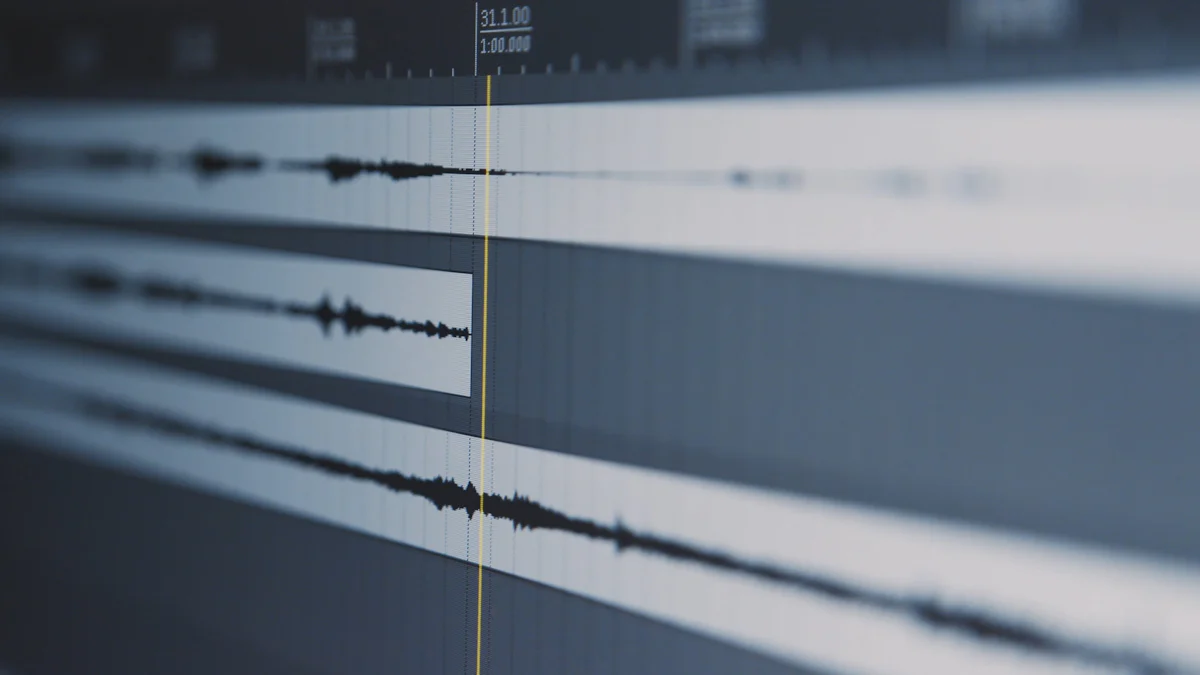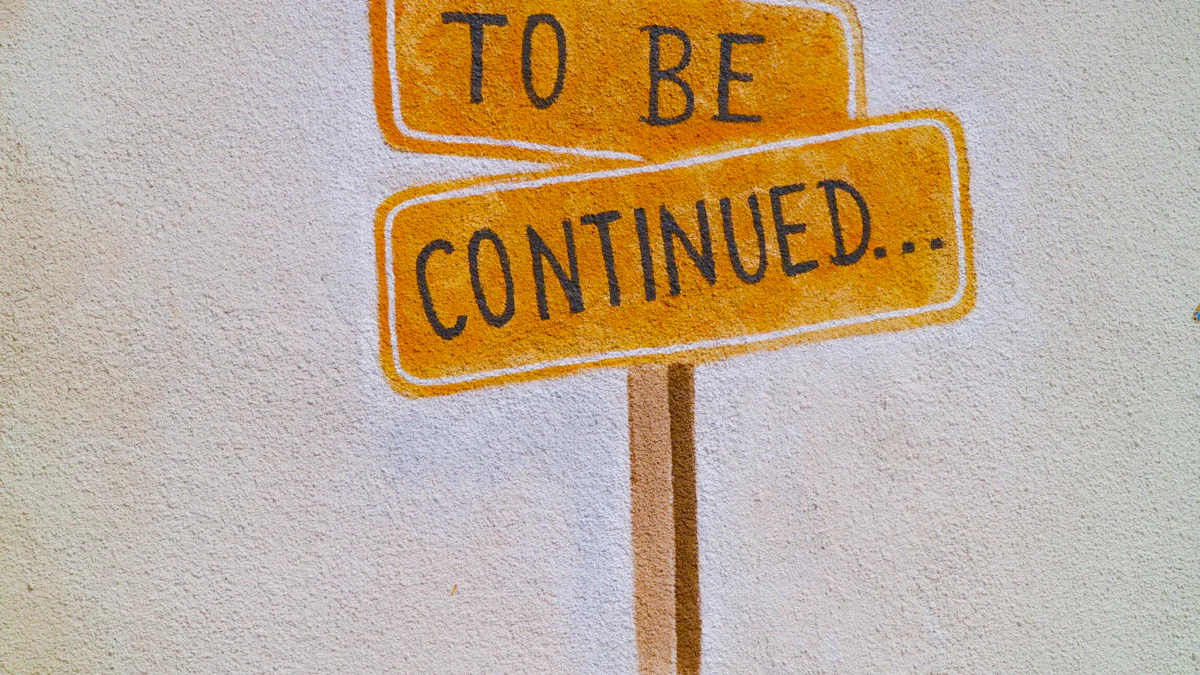Is It Illegal to Record Someone Without Their Permission

Understanding recording laws holds significant importance. Illegal to Record someone without permission can lead to severe legal consequences. Many states in the U.S. have specific consent requirements. For instance, about 11 states require all-party consent for recording. In contrast, some states allow recording if one participant consents. Recording without consent can be a felony. Everyday situations often involve recording, making knowledge of these laws crucial. Awareness ensures compliance and avoids potential legal issues.
Understanding Consent in Recording

What is Consent?
Definition and Importance
Consent means permission for something to happen. In recording, consent ensures that all parties agree to the recording. Illegal to Record someone without consent can lead to legal trouble. Consent protects privacy and maintains trust.
Types of Consent: Explicit vs. Implicit
Explicit consent involves a clear agreement. A person says "yes" or signs a document. Implicit consent happens through actions. For example, continuing a conversation after knowing about the recording. Both types matter in legal contexts.
Legal Framework
Federal Laws
The Federal Wiretap Act sets the baseline for recording laws. At least one party must consent to the recording. States can impose stricter rules. Vermont follows only federal law due to the absence of state-specific regulations.
State Laws
States have varying laws on recording consent. Some states require one-party consent. Others need all-party consent. For example, California needs all parties to agree. Arizona allows recording if one person consents.
Exceptions to Consent
Public Spaces
Recording in public spaces often does not need consent. People have less expectation of privacy. However, Illegal to Record in private settings like bathrooms remains strict.
Law Enforcement and Security
Law enforcement may record without consent under certain conditions. Security cameras in public areas also do not need consent. These exceptions aim to enhance public safety.
Federal and State Laws
Federal Wiretap Act
Overview and Key Provisions
The Federal Wiretap Act sets the baseline for recording laws in the United States. This law requires at least one party to consent to the recording of in-person, telephone, or electronic conversations. States have the authority to impose stricter rules than the federal law. The Federal Wiretap Act aims to protect privacy and prevent unauthorized recordings.
Penalties for Violation
Violating the Federal Wiretap Act can result in severe consequences. Penalties include fines, jail time, and civil damages. Individuals found guilty may face felony charges. The severity of the penalty depends on the nature of the violation. For example, recording a private conversation without consent can lead to harsher penalties compared to recording a public conversation.
State-Specific Laws
One-Party Consent States
Some states follow the one-party consent rule. In these states, only one person involved in the conversation needs to consent to the recording. Examples of one-party consent states include:
Arizona
New York
Texas
Recording in these states without the knowledge of other parties is legal as long as one participant consents. This rule simplifies the process of recording conversations for personal or professional use.
Two-Party Consent States
Other states require all parties involved in the conversation to consent to the recording. These states follow the two-party consent rule. Examples of two-party consent states include:
California
Florida
Massachusetts
Recording in these states without the consent of all parties is illegal. Violations can lead to significant legal consequences, including fines, felony charges, and jail time. The two-party consent rule aims to ensure that all individuals involved in a conversation are aware of and agree to the recording.
Practical Implications and Scenarios

Recording in Public vs. Private Spaces
Public Spaces: What’s Allowed?
Recording in public spaces often does not require consent. People generally have less expectation of privacy in public areas. For example, recording a protest or demonstration in a public park is usually legal. The First Amendment supports the right to record matters of public interest. However, some states criminalize recording audio of conversations without permission, even in public.
Private Spaces: What’s Restricted?
Recording in private spaces usually requires consent. Private property or areas where people expect reasonable levels of privacy complicate the legality of recording. Recording someone in a private setting like a home or office without permission can lead to serious legal consequences. Consulting state laws and a lawyer can help avoid criminal charges.
Workplace Recording
Employer Policies
Employers often have specific policies regarding recording in the workplace. These policies aim to protect company information and employee privacy. Violating employer policies can result in disciplinary action or termination. Employees should review company guidelines before recording any conversations or meetings.
Employee Rights
Employees also have rights regarding workplace recordings. Federal and state laws protect employees from unauthorized recordings. In some states, all parties must consent to the recording. Employees should understand their rights and consult legal advice if unsure about the legality of recording at work.
Social Media and Online Platforms
Recording and Sharing Online
Recording and sharing content online present unique challenges. Posting private photos and videos without permission can violate privacy laws. Legal risks increase when sharing recordings on social media platforms. Users should obtain consent before posting any recorded content.
Legal Risks and Considerations
Legal risks associated with online recordings include fines and civil damages. Unauthorized recordings can lead to lawsuits and reputational damage. Understanding the legal implications of recording and sharing content online is crucial. Consulting legal experts can help navigate these complex issues.
Legal Consequences and Remedies
Civil Penalties
Fines and Damages
Violating recording laws can result in significant fines. Courts may impose monetary penalties on individuals who record without consent. These fines vary depending on the severity of the violation. For example, some states impose higher fines for recording private conversations. Victims of unauthorized recordings may also sue for damages. Courts can award compensation for emotional distress and invasion of privacy.
Injunctions
Courts may issue injunctions to prevent further illegal recordings. An injunction is a court order that requires someone to stop a specific action. In cases of unauthorized recording, courts can order the violator to cease recording activities. Injunctions protect individuals from ongoing privacy violations. Violating an injunction can lead to additional legal consequences.
Criminal Penalties
Misdemeanors vs. Felonies
Recording someone without consent can lead to criminal charges. The severity of the charge depends on the circumstances. Some states classify unauthorized recording as a misdemeanor. Misdemeanors carry lighter penalties, such as smaller fines and shorter jail sentences. However, more severe cases result in felony charges. Felonies involve harsher penalties, including larger fines and longer prison terms.
Case Studies and Examples
Several case studies highlight the consequences of Illegal to Record someone without permission. In one case, a person secretly recorded a private conversation in California. The court charged the individual with a felony. The person faced significant fines and jail time. Another case involved an employee recording a meeting without consent. The employer discovered the recording and terminated the employee. The court upheld the termination due to the violation of company policy and state law.
Understanding recording laws is crucial. Awareness of federal and state regulations helps avoid severe legal consequences. Knowledge of consent requirements ensures compliance and protects privacy.
"Recording without consent can lead to significant fines and criminal charges."
Informed individuals can navigate everyday situations with confidence. Ethical considerations play a vital role in maintaining trust and respect. Always seek legal advice when in doubt.
Stay informed about your state's recording laws.
Respect privacy and obtain consent whenever possible.
Consult legal experts for guidance on complex issues.
See Also
Comparison of New 1080P HD Noise Reduction Cameras: Lulunami vs. Sherpatera
Embracing Safety: Adopt the 360 Camera Surround View Monitoring System
Why You Must Have a 360 Degree Car Camera System for Safety

